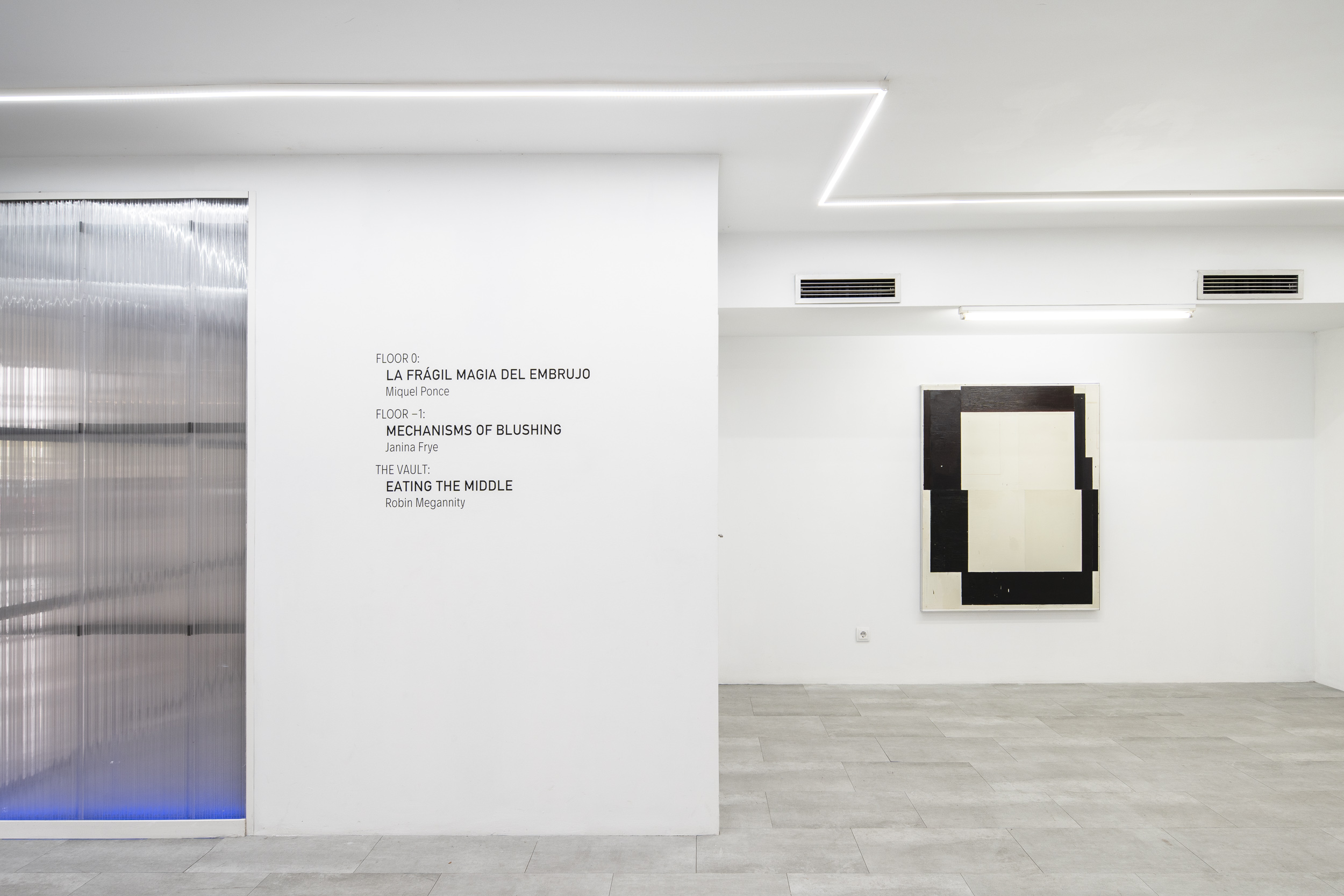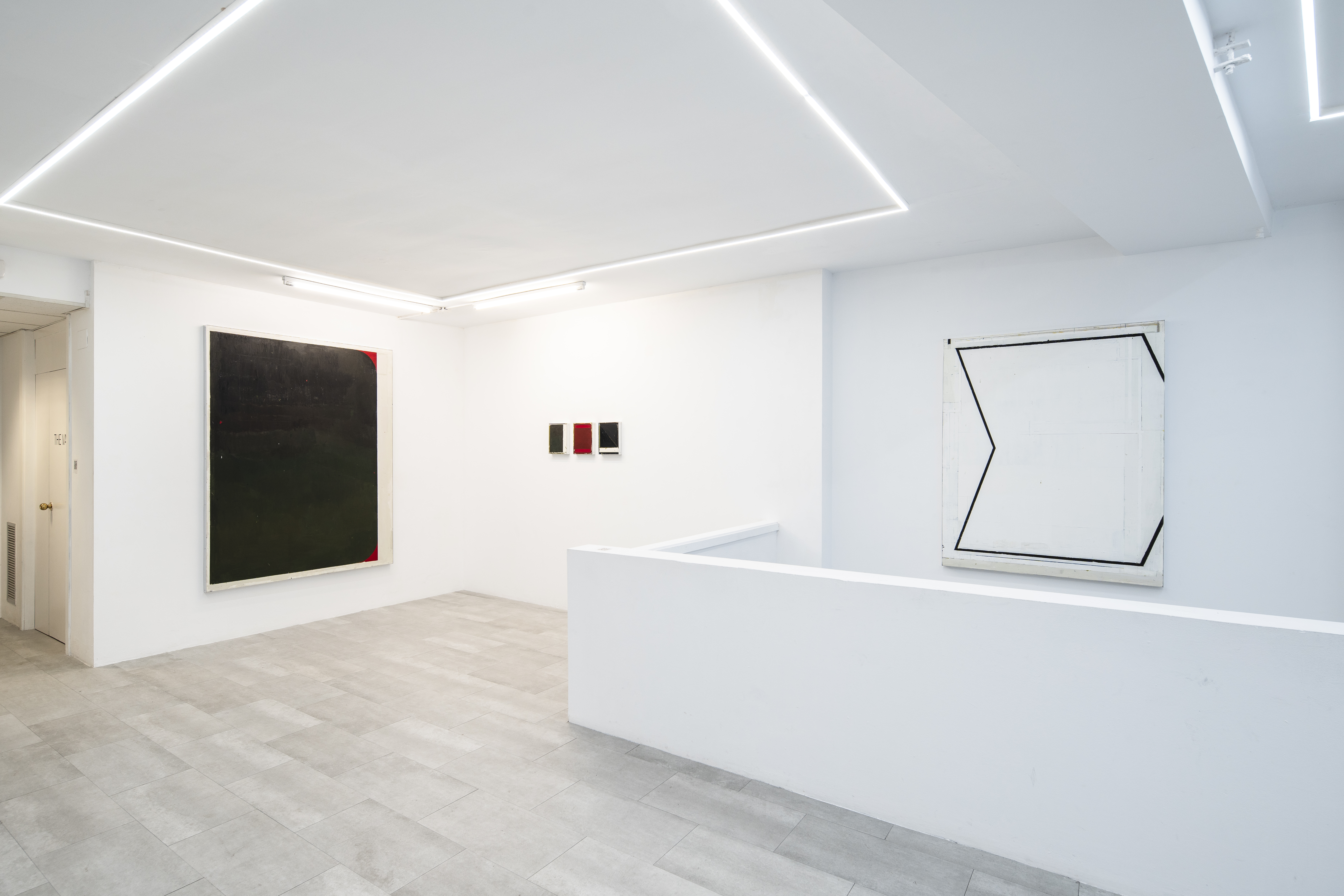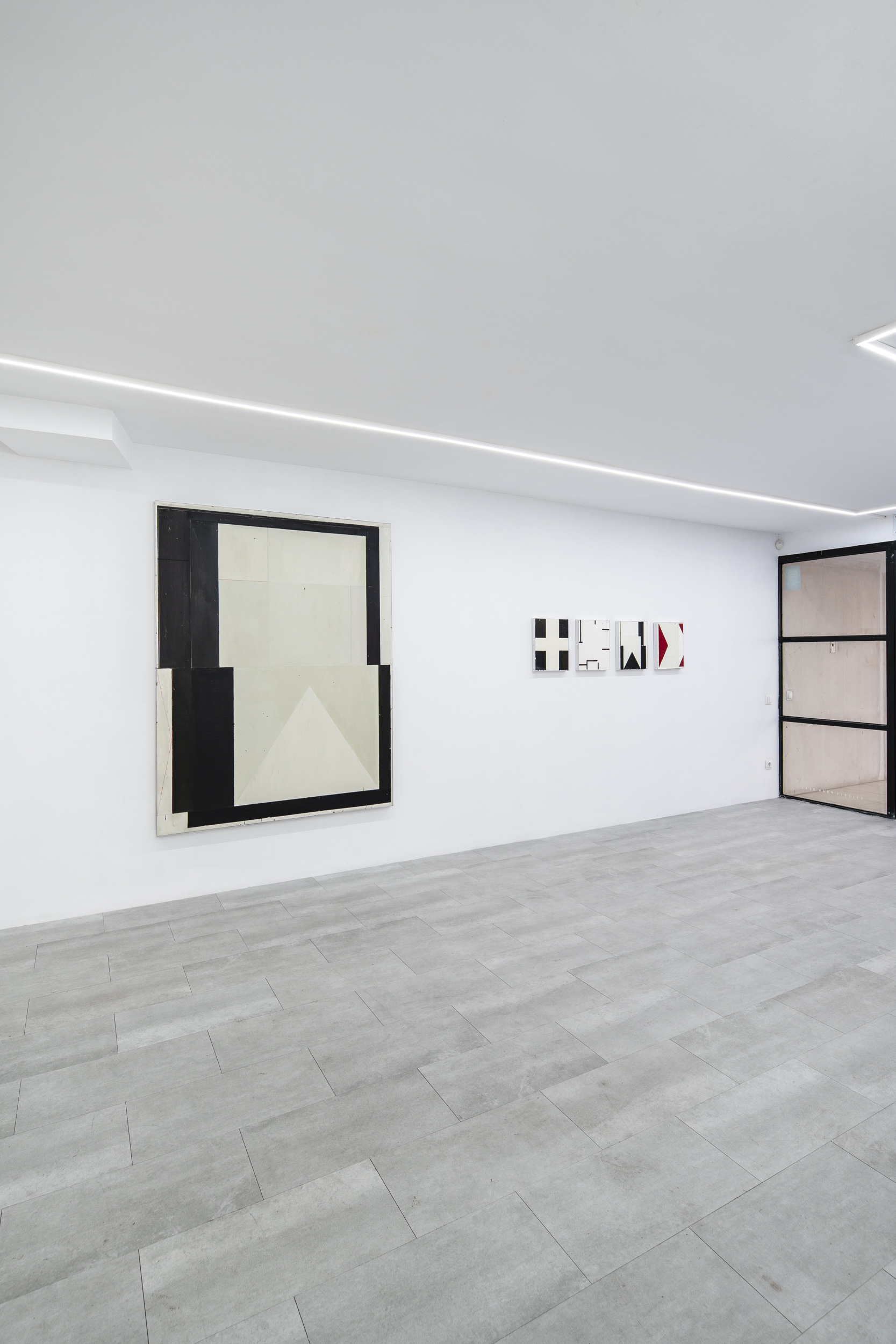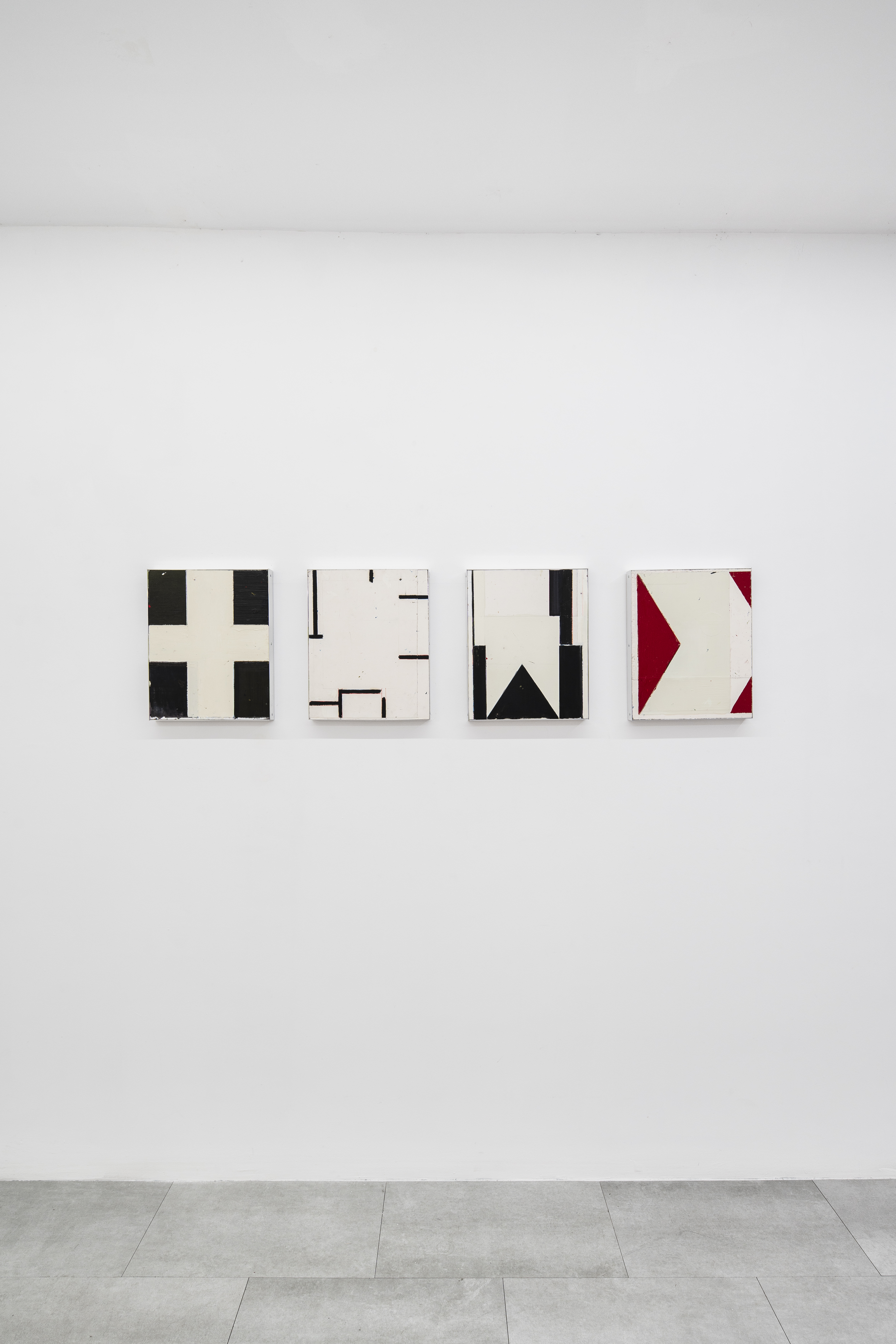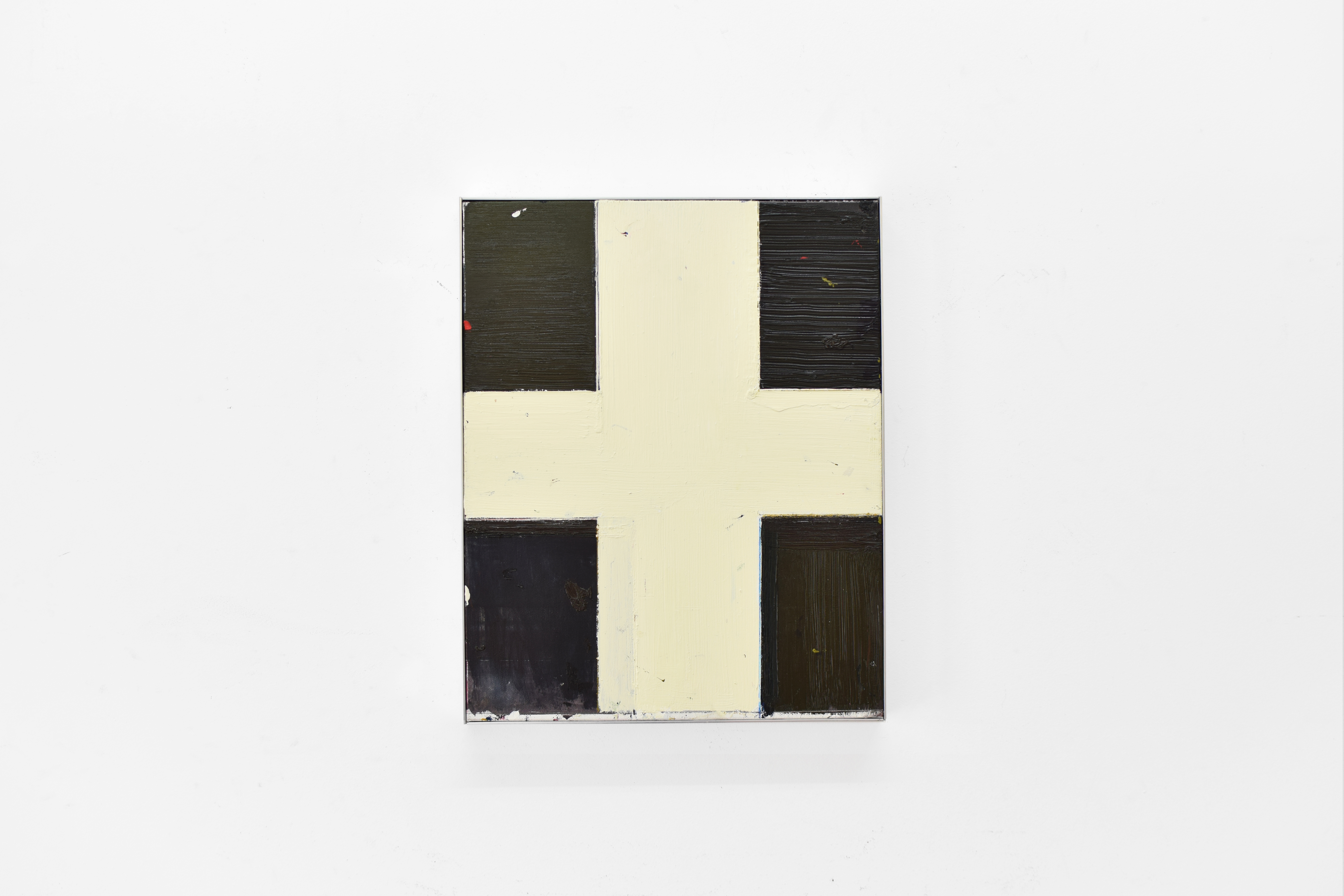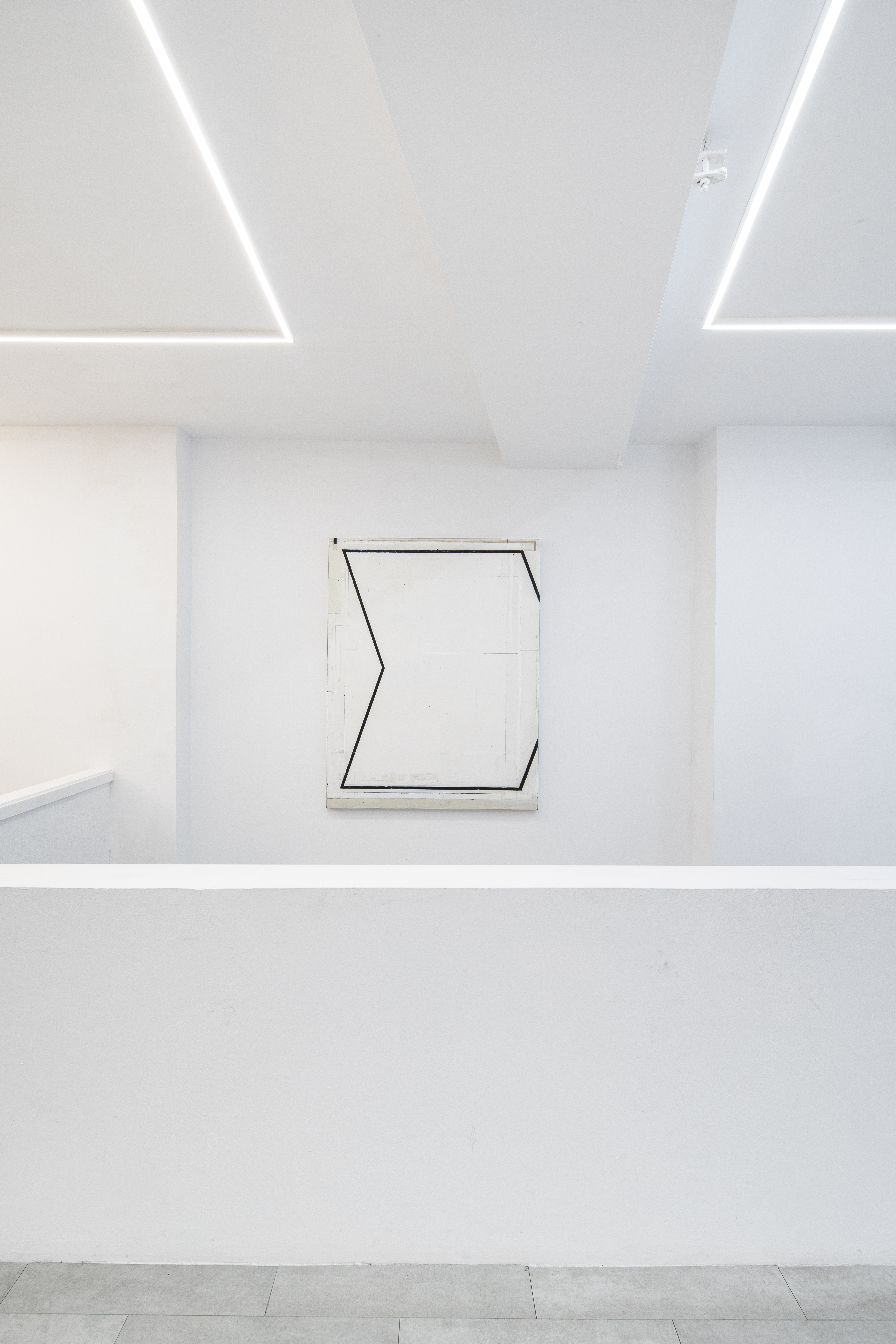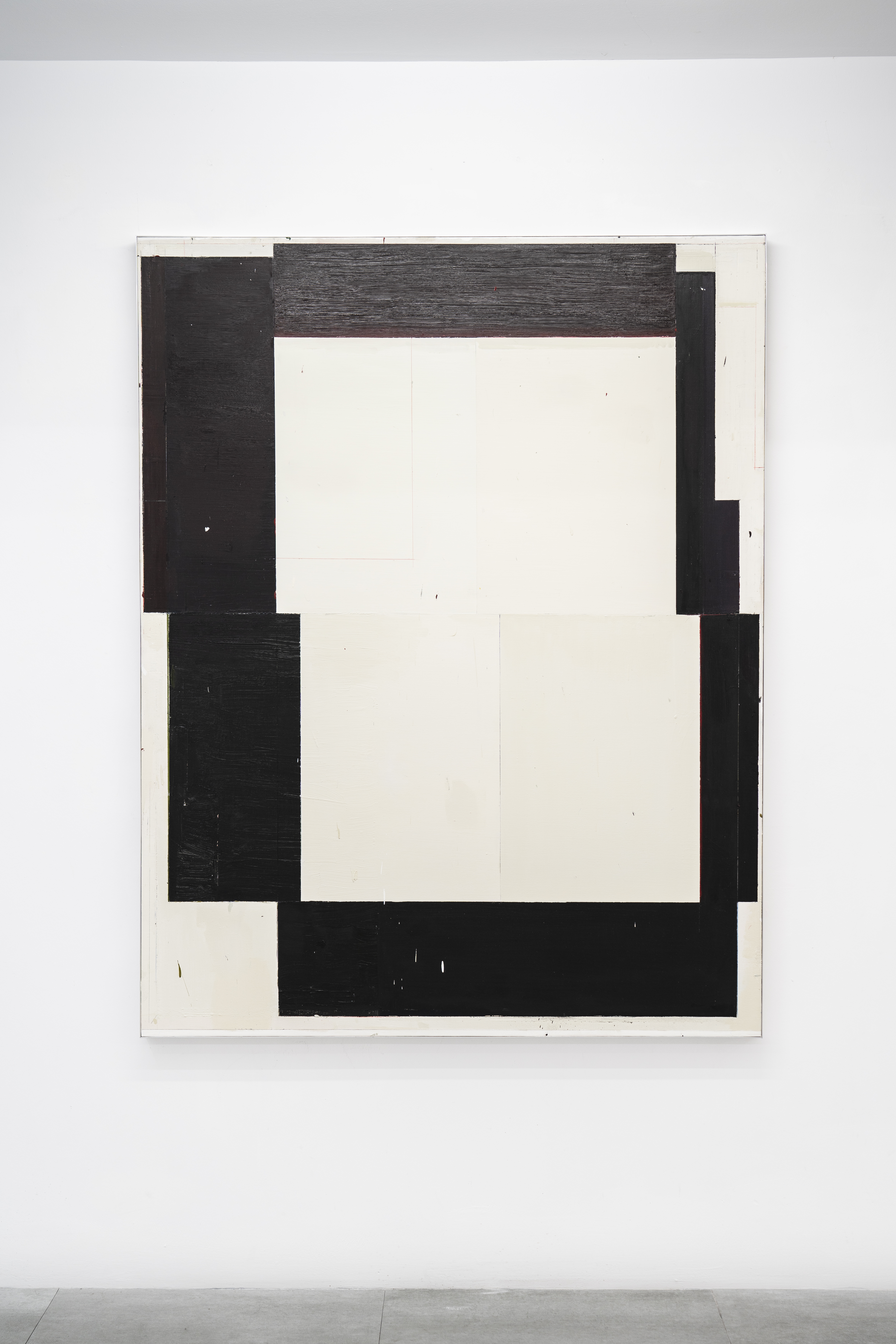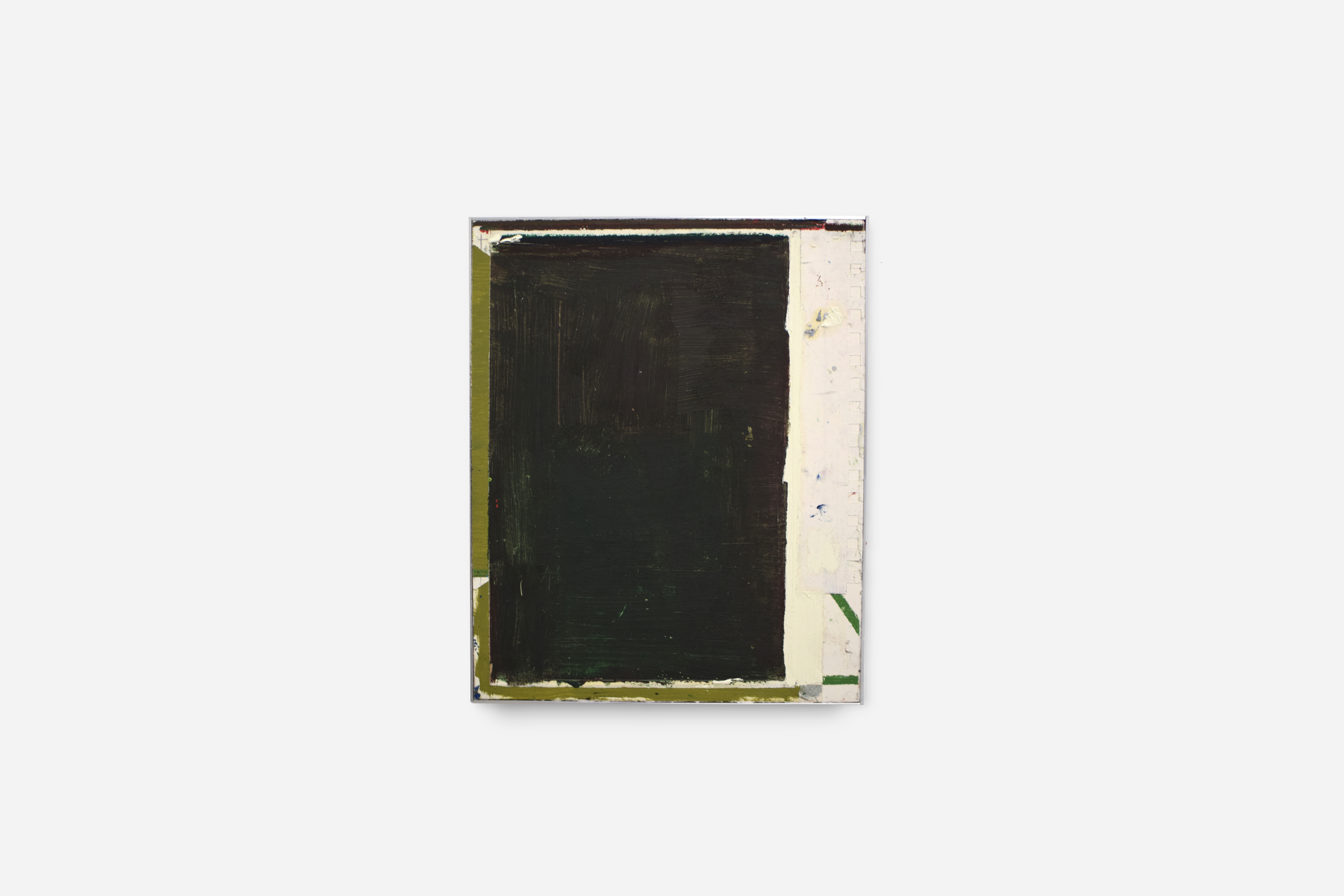LA FRÁGIL MAGIA DEL EMBRUJO
GALERÍA FRAN REUS, PALMA DE MALLORCA 2024
![]()
![]()
![]()
![]()
![]()
![]()
![]()
![]()
![]()
![]()
![]()
![]()
![]()
![]()
![]()
La frágil magia del embrujo
En ‘La broma infinita’ hay un capítulo donde el personaje de Hal Incandenza habla por teléfono con su hermano del suicidio de su padre mientras se corta las uñas. En medio de tan deprimente conversación, Hal se da cuenta de que las está encestando todas en la papelera y le cuenta a su hermano que no quiere cambiar nada de su posición para no perder la racha. A eso se refiere como “la frágil magia del embrujo”
En psicología se le llama “la zona” al momento en el que una persona está completamente sumida en la actividad que lleva a cabo. A todos nos ha pasado perder la noción del tiempo haciendo lo que disfrutamos, ser como máquinas, diluir el ego y ser solo una actividad perfectamente ejecutada. Convertirnos en el resultado de nuestras acciones.
No existe un método para ganar a la ruleta. Muchos lo han intentado y oficialmente nadie lo ha conseguido. Hay demasiados factores imposibles de controlar: la velocidad de giro de la ruleta, su inclinación, el peso de la bola, los obstáculos que encuentre por el camino... Es imposible, pero a la vez debería ser solo física aplicada.
“La zona” es como un casino que se reserva el derecho de admisión, no podemos entrar siempre que queramos por mucho que insistamos. Podemos alcanzar un estado maquinal y robótico pero solo cuando la fortuna quiere. No somos máquinas y por tanto no podemos “forzar la maquinaria”. No podemos forzar ese estado cuasi místico, no podemos exigirle a la inspiración que nos sirva como una esclava, no podemos escuchar una cadencia que simplemente no está presente. Hasta que empezamos a escucharla.
A finales de los años 70, un grupo de estudiantes de física de la Universidad de California que se llamaban a sí mismos los Eudaimones (por el término que describe una vida bien vivida según Aristóteles) trataron de forzar la maquinaria, de diseñar un sistema matemático para escuchar la cadencia del universo para estar siempre en racha. Con un pequeño ordenador metido dentro de un zapato midieron la cadencia de giro de las ruletas de Las Vegas y la velocidad de la bola. Es física al fin y al cabo.
Un artista vive prestando atención a esa cadencia. Desarrolla manías, tics, obsesiones y rutinas como un tenista antes del saque esperando no romper la racha, esperando encontrar la inspiración en cada esquina. Cadencia quiere decir ritmo al que se genera una acción mantenida en el tiempo, pero a su vez comparte raíz con el término “caída”. Cadente significa algo que amenaza ruina. Una acción que no cesa lleva implícito en su raíz su propio e inevitable cese. Un artista, un deportista y un jugador siempre están a un pequeño bache de perder la racha para siempre.
La frágil magia del embrujo es delicada. Los Eudaimones se dieron cuenta pronto de que después de años, dinero y algunos pies chamuscados la racha no se puede forzar. Algunos, como Hal, llevan la cadencia en el nombre, mientras que los artistas como Ponce parecen tener un sexto sentido para que la inspiración los pille trabajando, para escuchar la cadencia del universo, para no romper la frágil magia del embrujo.
Albert Alcañiz
-
The fragile magic of the spell
In ‘Infinite Jest’ there is a chapter where Hal Incandenza's character talks on the phone with his brother about their father's suicide while cutting his nails. In the middle of such a depressing conversation, Hal realizes that he is putting them all in the trash and tells his brother that he doesn't want to change anything about his position so as not to lose the streak. This is what he refers to as “the fragile magic of the spell.”
In psychology, the moment in which a person is completely immersed in the activity they are carrying out is called “the zone.” It has happened to all of us to lose track of time doing what we enjoy, to be like machines, to dilute the ego and to be just a perfectly executed activity. Become the result of our actions.
There is no method to win at roulette. Many have tried and officially no one has succeeded. There are too many factors that are impossible to control: the speed of spin of the roulette wheel, its inclination, the weight of the ball, the obstacles it encounters along the way... It is impossible, but at the same time it should just be applied physics.
“The zone” is like a casino that reserves the right of admission, we cannot enter whenever we want no matter how much we insist. We can reach a mechanical and robotic state but only when fortune wants. We are not machines and therefore we cannot “force the machinery”. We cannot force that quasi-mystical state, we cannot demand that inspiration serve us as a slave, we cannot listen to a cadence that is simply not present. Until we start listening to it.
In the late 1970s, a group of physics students at the University of California who called themselves the Eudaimones (after the term that describes a life well lived according to Aristotle) tried to hack the machinery, to design a mathematical system. to listen to the cadence of the universe to always be on a roll. With a small computer inside a shoe, they measured the spin rate of the Las Vegas roulette wheels and the speed of the ball. It is physics after all.
An artist lives by paying attention to that cadence. Develop manias, tics, obsessions and routines like a tennis player before serving, hoping not to break the streak, hoping to find inspiration around every corner. Cadence means the rhythm at which an action is generated over time, but at the same time it shares a root with the term “fall”. Cadent means something that threatens ruin. An action that does not cease has its own inevitable cessation implicit in its root. An artist, an athlete and a player are always one small bump away from losing their streak forever.
The fragile magic of the spell is delicate. The Eudaimones soon realized that after years, money and a few singed feet the streak cannot be forced. Some, like Hal, have cadence in their name, while artists like Ponce seem to have a sixth sense so that inspiration catches them working, to listen to the cadence of the universe, so as not to break the fragile magic of the spell.
Albert Alcañiz

